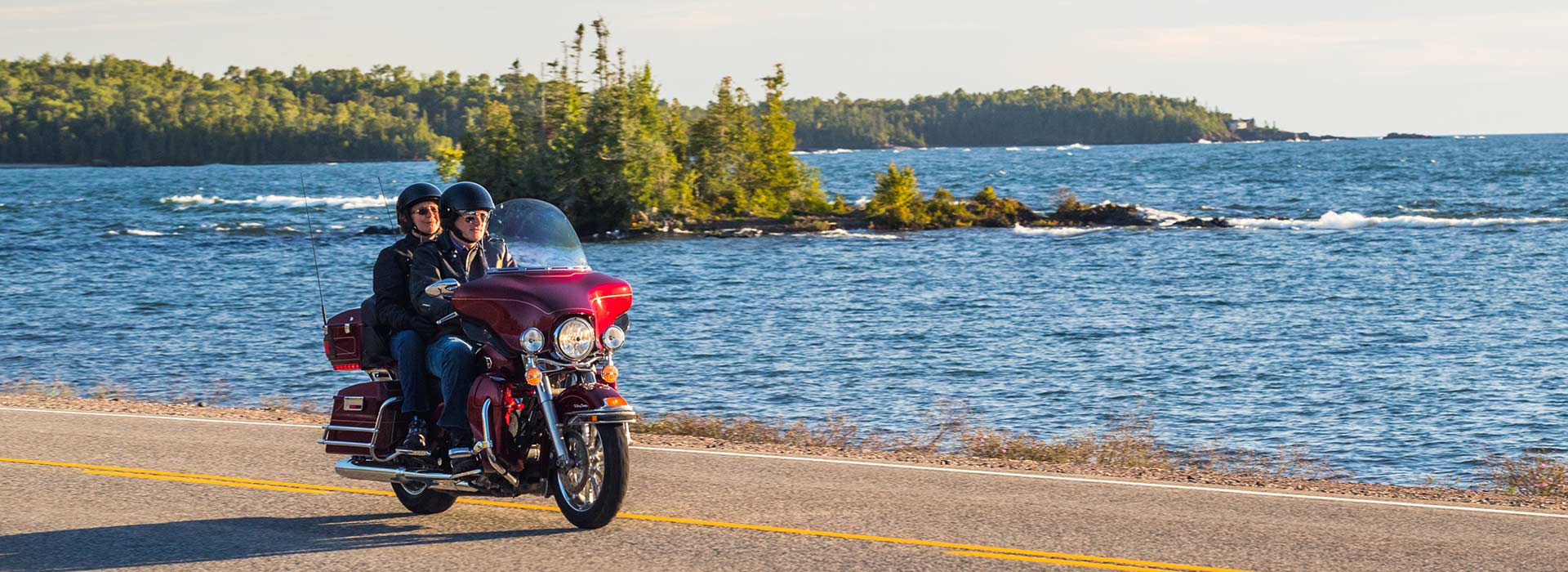Most vehicles built after the late 90's or early 2000's do not inherently have an issue with alcohol/ethanol - they were built with seals and such that can tolerate it.
The bigger underlying issue with ethanol is phase separation. It's a long story, but Google will yield all sorts of info.
Phase separation is only an issue if the fuel is left standing for long periods unused. It can be made worse by damp (think: marine) or high temperature swing (IE, a garage that gets a lot of sun and heats up) environments, the latter again only being an issue if the fuel sits for long periods.
Phase separation does become a bigger issue when the fuel is left to sit, as mentioned - this is why things like lawnmowers, gas weed eaters, chainsaws etc (that sit all winter) have an issue with it, and vice versa - snowblowers that sit all summer, etc.
That all having been said, for an avid motorcycle rider that rides regularly and burns a tank of gas at least every few weeks, it's not an issue. At the END of the season however, it is - you don't want a tank full of ethanol fuel sitting in your bike all winter as phase separation can certainly occur - the resulting water will cause far more issues than the alcohol itself natively.
In short, I run ethanol fuel in my bike just fine. It rarely sits more than 24/48 hours without me riding it, and a tank of gas lasts as little as a few hours at best, to a week at worst.
FWIW it does NOT like premium fuel - fuel economy goes in the toilet (I lose over 50KM of range) and there's no measurable benefits whatsoever (to the contrary the poorer mileage) so aside from the last tank of the season I use regular.
Lastly, not all premium fuel is ethanol free anymore. Most has it, actually. Canadian Tire and a few other retailers are the only remaining sources for ethanol free premium.























